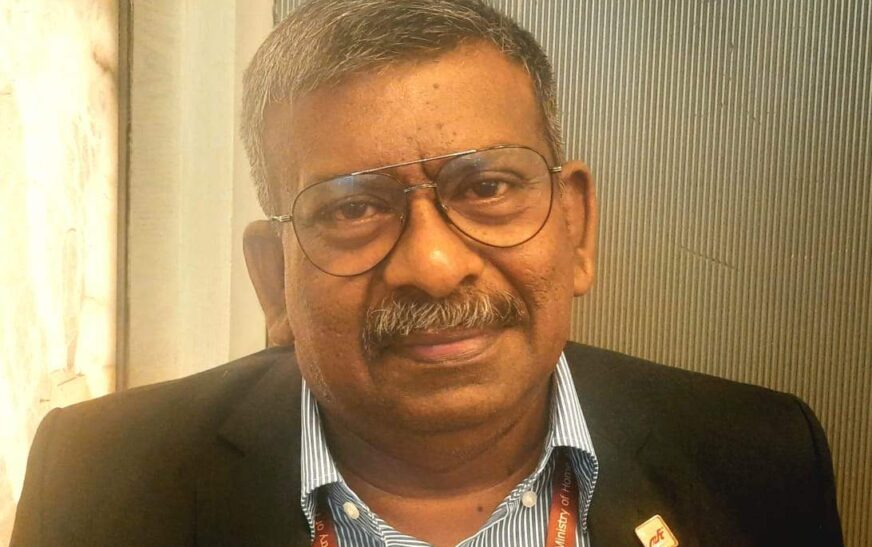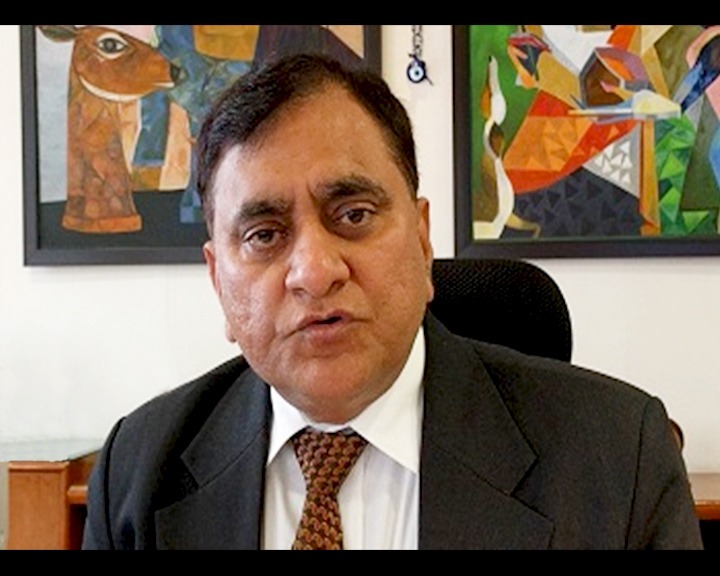Dedicated Freight Corridor Corporation of India Limited (DFCCIL), a public sector enterprise under the Ministry of Railways, leads the transformation of India’s freight transportation by constructing, operating, and maintaining dedicated freight corridors. Established in 2006, DFCCIL’s mission is to develop high-speed, high-capacity rail networks that separate freight traffic from passenger services, enhancing operational efficiency and reducing congestion on existing lines.
DFCCIL is building two critical corridors: the Eastern Dedicated Freight Corridor (EDFC), from Ludhiana in Punjab to Dankuni in West Bengal, and the Western Dedicated Freight Corridor (WDFC), from Dadri in Uttar Pradesh to Jawaharlal Nehru Port in Maharashtra. These corridors can accommodate double-stack container trains, ensure faster transit, and incorporate advanced safety features to support the swift movement of heavy goods.
By fostering an environmentally sustainable, cost-effective, and time-efficient freight transport system, DFCCIL aligns with the government’s Make in India and Aatmanirbhar Bharat initiatives. These infrastructure advancements will stimulate economic growth, lower logistics costs, and boost India’s global trade competitiveness, positioning the nation as a key player in global supply chains.
In an exclusive conversation with The Interview World, Shobhit Bhatnagar, Director (Operations & Business Development) at DFCCIL, emphasized the organization’s role in upgrading logistics and warehousing infrastructure to meet the vision of Viksit Bharat. He highlighted the positive response from private players in establishing terminals along the Dedicated Freight Corridor and shared insights into how DFCCIL is driving progress towards the national mission. Below are the key takeaways from his enlightening conversation.
Q: How is the Dedicated Freight Corridor contributing to elevating logistics and warehousing infrastructure to meet the standards envisioned for a Viksit Bharat?
A: We have fully embraced the Gati Shakti Cargo Terminal Policy of Indian Airways, providing private players with the freedom to establish terminals that align with their specific needs and preferences. This flexibility allows for a range of setups, from privately developed terminals to the low-cost options we are building under Schedule II of the policy. The policy will encourage swift and cost-effective development, ensuring minimal barriers to entry.
Additionally, there is a provision for setting up warehouses as part of the terminal infrastructure, further enhancing the operational capabilities. We can establish these low-cost terminals quickly with relatively low investment, making them an attractive option for businesses looking to optimize logistics. This strategic approach ensures faster implementation and drives growth in cargo handling capabilities across the sector, aligning with India’s broader economic goals.
Q: What has been the response from private players regarding the establishment of terminals along the Dedicated Freight Corridor?
A: In terms of large-scale terminal projects, two significant terminals are currently under development by the National Industrial Corridor Development Corporation (NICDC). DFCCIL has planned around 17 terminals, with connections to key industries, including cement plants, thermal power stations, and container terminals, to boost operational efficiency across these sectors. In addition to these, three terminals have already become fully operational, marking a key milestone in our expansion efforts.
Moving forward, our focus for this year is to issue approximately 20 Requests for Proposals (RFPs) to invite potential partners. Our target is ambitious but achievable—we aim to establish around 20 new terminals, significantly strengthening infrastructure and supporting industrial growth in the coming years.
Q: What is the projected completion timeline for the entire Dedicated Freight Corridor project, and by when do you expect to meet this deadline?
A: The deadline for completing the final patch, spanning approximately 104 kilometers, is December 25, 2024.
Q: How is your organization aligning with the Viksit Bharat mission, and in what ways will it contribute to achieving this national goal?
A: The Dedicated Freight Corridors (DFCs) are pivotal in enhancing the efficiency of rail transportation for essential commodities and streamlining the logistics network. The Eastern Dedicated Freight Corridor (EDFC) plays a major role in the effective movement of coal and steel, addressing and overcoming previous logistical restrictions. This corridor ensures a consistent and reliable supply of coal to thermal power plants, thereby eliminating the risk of power plant shutdowns due to fuel shortages.
Moreover, with three additional thermal power plants scheduled to commence operations in Uttar Pradesh, the EDFC’s role in supporting electricity generation becomes even more critical. The increased electricity generation also supports industrial activities across the region, reinforcing the corridor’s importance to the economy.
On the other hand, the Western Dedicated Freight Corridor (WDFC) focuses on the transportation of finished products and containerized cargo. It manages approximately 70% of the total freight traffic, which significantly boosts import and export activities by facilitating the smooth movement of finished goods. This efficiency in logistics supports global trade and enhances the competitiveness of domestic industries in the international market.
In essence, both DFCs serve distinct yet complementary functions. The EDFC is crucial for advancing electricity generation and supporting key industries like steel and coal, while the WDFC streamlines the distribution of finished products. Together, these corridors enhance the overall efficiency and effectiveness of the national logistics network.









